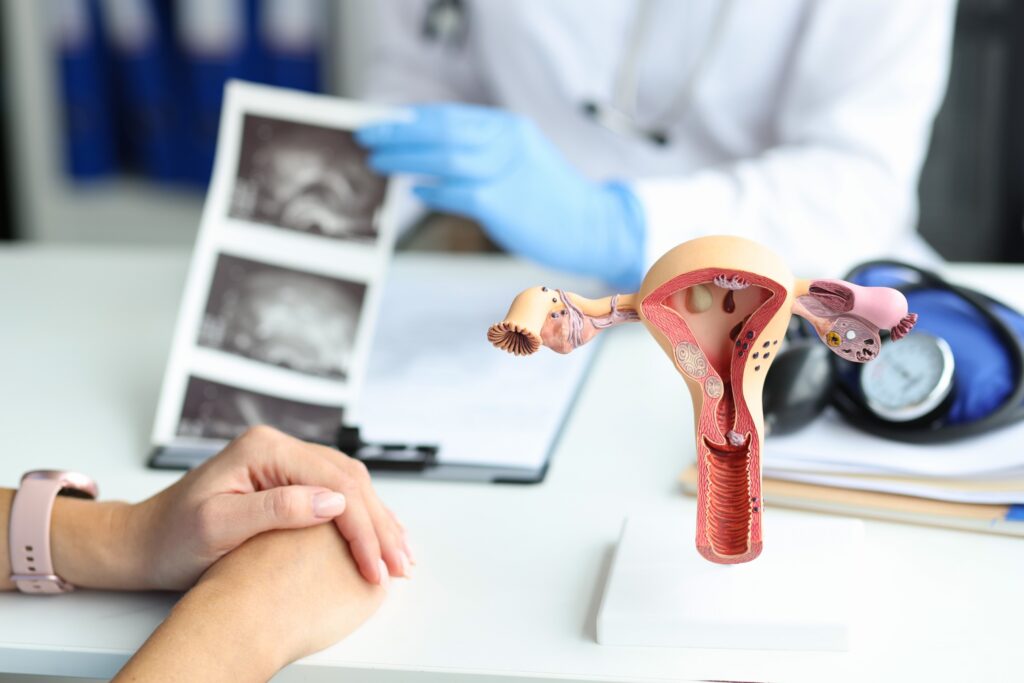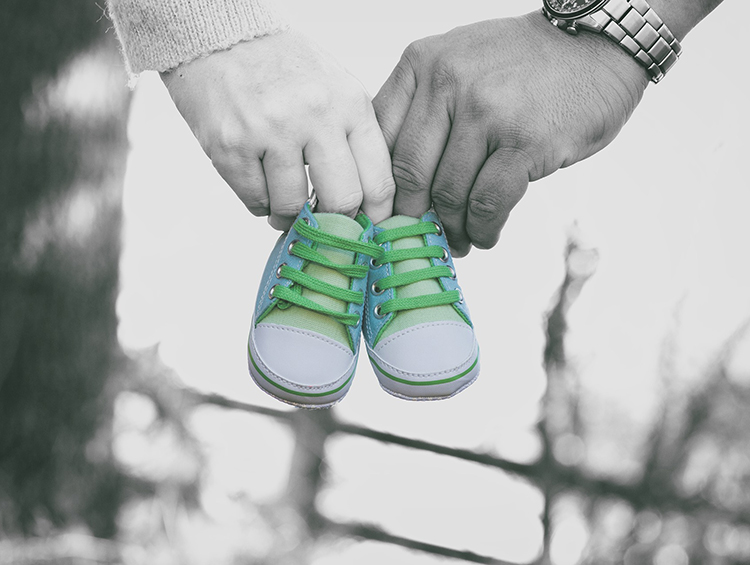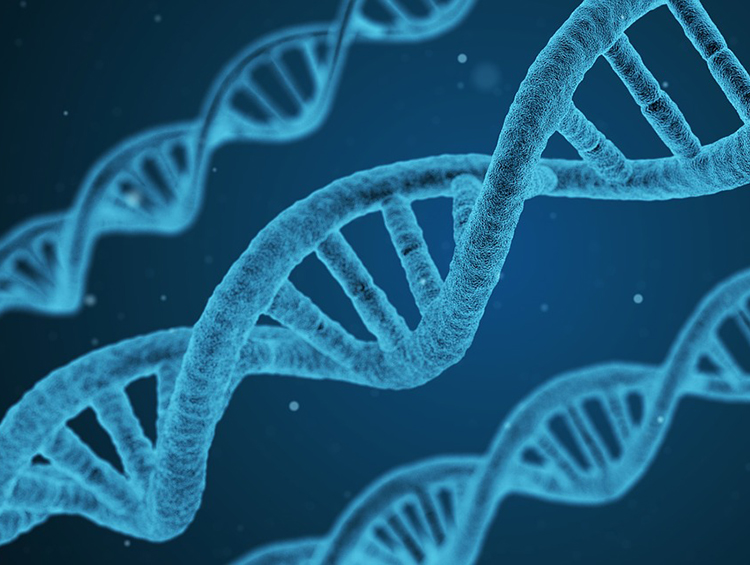Endometriosis is present in 25-50% of patients with difficulty getting pregnant and in 10-15% of women in fertile age. However, having endometriosis does not mean necessarily that there is a need of assisted reproduction treatments to achieve pregnancy, since up to 60-70% of women with endometriosis get pregnant spontaneously. For those who do not succeed, the assisted reproduction treatments will have good success rates. Diagnosis and early treatment are essential to increase the likelihood of pregnancy.
What causes the difficulty getting pregnant in women with endometriosis?
Endometriosis is the presence of endometrial tissue (uterine mucosa) in locations other than the inside of the uterus. There are several factors that explain the relationship between endometriosis and pregnancy difficulties. The first is mechanical. The presence of endometriosis and its small monthly bleeding (with each menstruation) causes an inflammatory process in the inside of the abdominal cavity which may give rise to the formation of adhesions, and alter the permeability and motility of the fallopian tubes, making the pregnancy difficult.
In addition, endometriosis is associated with a decrease in the ovarian reserve. Endometriosis cysts decrease the amount of healthy ovarian tissue and, therefore, the reserve of eggs in women, conditioning significantly the likelihood of pregnancy. The patients with endometriosis have low egg reserve at younger ages.
Finally, the quality of the eggs tends to be worse in patients with endometriosis, which can result in poor quality embryos that they will be less likely to result in pregnancy.
Surgical and medical treatment of endometriosis to achieve pregnancy
A very repeated phrase is “the best treatment for endometriosis is pregnancy,” as it has been seen that pregnancy is the only thing that can stop the progression of the disease. However, getting the gestation is not always so easy, and many patients with endometriosis will have difficulty getting pregnant.
The option of surgical treatment to improve fertility in endometriosis is debated. There are studies that suggest that removing implants of peritoneal endometriosis, ovarian endometriotic cysts and the liberation of adhesions, could improve the probability of spontaneous pregnancy. However, ovarian surgery can damage the ovary, so its usefulness must be discussed with the gynecologist before an operation. In the case of deep endometriosis, there is evidence that the surgery does not improve the probability of spontaneous pregnancy.
Regarding the medical treatment of endometriosis, no study shows that it is possible to improve the fertility of patients with hormonal treatments.
Assisted reproduction treatments to achieve pregnancy in endometriosis
Fortunately, assisted reproduction techniques improve the prognosis of patients with endometriosis who have difficulty getting pregnant.
Artificial insemination, is recommended in patients with mild or minimal endometriosis. When the endometriosis is more severe, with ovarian cysts or involvement of any of the fallopian tubes, artificial insemination gives a very low probability of pregnancy.
In vitro fertilization (IVF) is the treatment that offers the best chance of pregnancy in the shortest possible time. Using this treatment, we will get multiple follicular response and a greater number of embryos. IVF, is also essential in the event that the fallopian tubes are blocked, or functionally affected by the presence of peritoneal adhesions.
Occasionally, in women with endometriosis and difficulty for the pregnancy, which also is associated with intense pain, surgical treatment is recommended before beginning IVF. In these cases, there are studies that show that, surgery followed by IVF treatment, will not produce a higher risk of recurrence of endometriosis.
Some patients who have endometriosis in very advanced stages, or who have had to undergo repeated surgeries, the difficulty of pregnancy can be as important to achieve this, you may need to use donor eggs.
Preservation of fertility in endometriosis
When we diagnose a patient of endometriosis, it is essential to inform about pregnancy difficulty associated with this pathology. In the event that the patient does not want to be a mother at that time, we must offer the possibility of freezing eggs before the egg reserve is affected by the evolution of the disease.
In URH García del Real we have experience in the treatment of patients with endometriosis. We use specific stimulation protocols for this pathology evaluating how the disease has been able to affect the ovarian reserve of the patient.
If you want to be a mother and have endometriosis, or if you want to know what you can do to avoid the difficulty of pregnancy in the future, you can make an appointment with us or call 91 740 16 90. We will analyze your case for free and we will offer you the most appropriate treatment for you.
Dr. Laura Blasco Gastón – Gynecologist specialized in Assisted Reproduction










